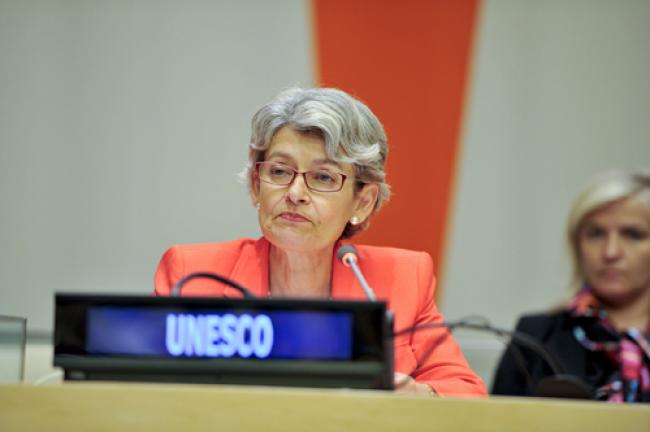Rights
Human Rights/Free Speech/Media UNESCO denounces killing of journalist in Philippines
23 Apr 2014, 08:35 am Print

New York, Apr 23 (JEN): The head of the United Nations agency tasked with defending press freedom has denounced the killing of journalist Rubylita Garcia and called on authorities in the Philippines to investigate the case.
“It is essential that the authorities of the Philippines do all they can to identify and bring to trial those responsible for this cowardly crime,” said Irina Bokova, the Director-General of the UN Educational, Scientific and Cultural Organization (UNESCO).
“Murderers cannot be allowed to set limits to journalists’ freedom of expression or on citizens’ rights to information,” she added in a news release.
Garcia, 52, was a reporter for the Remate newspaper in Bacoor City and host of a talk show on dwAD radio. She was shot dead by two gunmen in her home on 6 April.
Freedom of expression is a fundamental human right, enshrined in Article 19 of the Universal Declaration of Human Rights. Yet every day around the world, journalists and media workers are under attack, facing intimidation, threats and violence from governments, corporations, criminals or other forces that wish to silence or censor.
On 3 May, the international community will mark World Press Freedom Day, an annual observance that aims to celebrate the fundamental principles of press freedom, assess the state of press freedom throughout the world, defend the media from attacks on their independence, and pay tribute to journalists who have lost their lives in the line of duty.
UNESCO Director-General Irina Bokova. UN Photo/Amanda Voisard
More Rights
- Viral Irish food bank photo sparks shocking racist attacks on Indians
- Caught on camera: Two foreigners assaulted in Israel in an alleged racial attack
- Pakistan: Parents heartbroken after court sides with man accused of kidnapping minor Christian girl
- Pakistan: Trafficked 35 years ago, Bangladesh-born woman approaches court against FIA for offloading her from flight!
- Hindu tea worker found bound and bloodied in Bangladesh garden during general elections; investigation underway





-1763561110.jpg)
